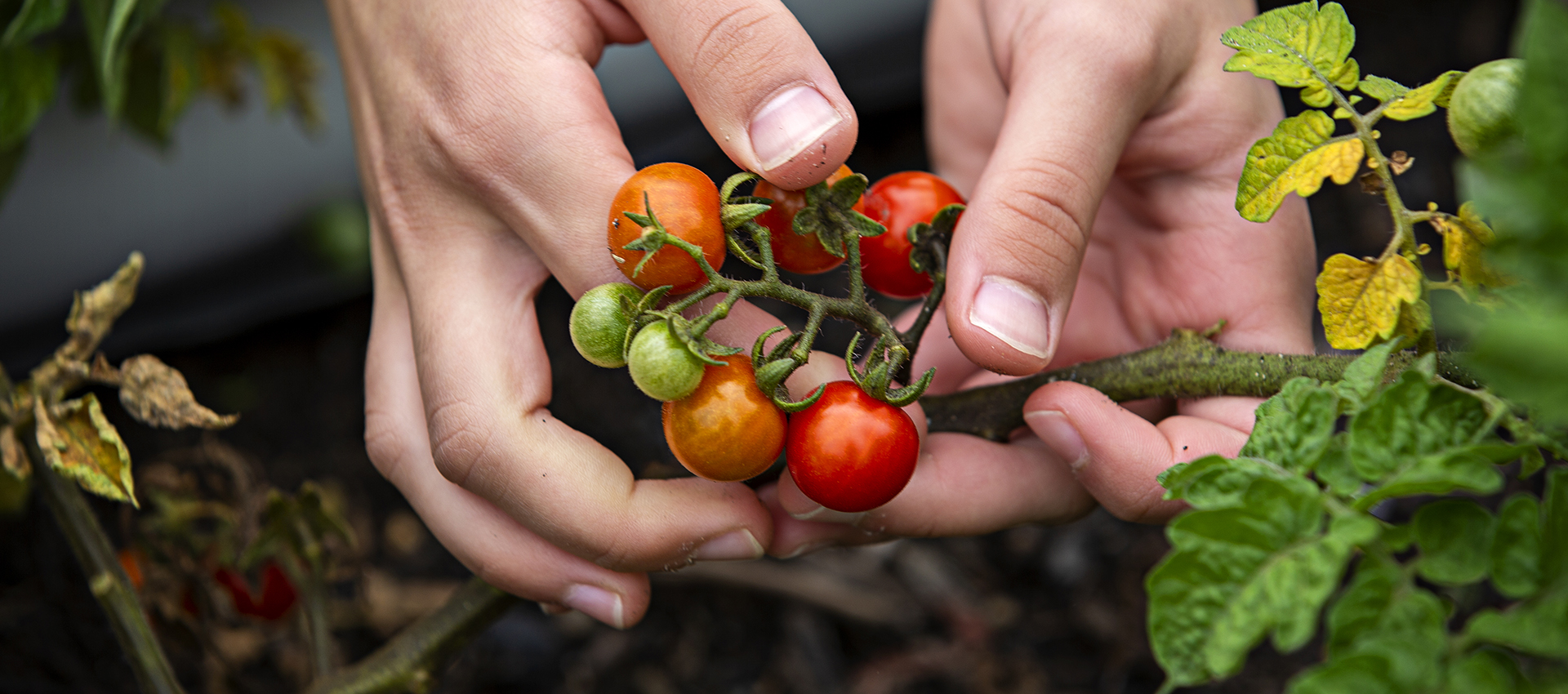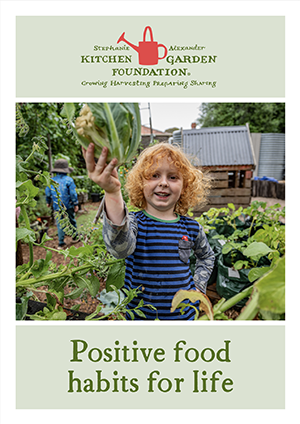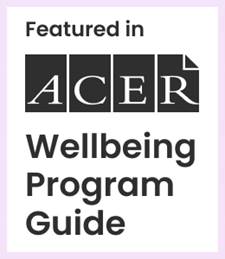Impact & Reach
Impact
The impact of the Stephanie Alexander Kitchen Garden Program is enormous. Over one million children, their families and broader communities have benefitted since the Foundation’s establishment. Schools across Australia deliver over 3 million kitchen garden program experiences for students each year. Read more in our Impact Report.
Stephanie Alexander Kitchen Garden Foundation: Impact Report
Evaluations
University of Melbourne, 2019, What’s Cooking? Evaluation of the long‐term impacts of the Stephanie Alexander Kitchen Garden Program.
An evaluation of the longer‐term influence of the Kitchen Garden Program by comparing the cooking, eating and gardening attitudes and behaviours of young adults who had participated in the program in primary school with those who had not undertaken the program.
View complete evaluation of long-term impact
University of Wollongong, 2013, Stephanie Alexander Kitchen Garden National Program Evaluation: Final Report.
An evaluation of the process, impact and outcomes of the Stephanie Alexander Kitchen Garden National Program, rolled out to 190 government primary schools across Australia in 2008.
View complete national evaluation report
McCaughey VicHealth Centre for Community Wellbeing, University of Melbourne and Deakin University, 2009, Evaluation of the Stephanie Alexander Kitchen Garden Program.
A mixed-methods longitudinal evaluation of the Kitchen Garden Program in collaboration with the Kitchen Garden Foundation as well as twelve participating primary schools throughout Victoria over two and a half years.
View complete state evaluation report
Our evidence-based approach
The Kitchen Garden Program supports many of the global principles for sustainable and healthy living from the United Nations (UN) and the World Health Organization (WHO). These include the WHO’s Health Promoting Schools approach and at least six of the UN’s Sustainable Development Goals.
The Stephanie Alexander Kitchen Garden Program has met the requirements for inclusion on the ACER Wellbeing Program Guide, Australia’s most comprehensive wellbeing programs guide for schools.
Reach
The Kitchen Garden Program is affordable, accessible and culturally relevant for all schools and services, including those that are remote, regional, urban, linguistically diverse, Aboriginal-led, small and large. We are continuously growing and will not be satisfied until every child and young person in Australia can experience the Kitchen Garden Program.
In 2020, we expanded the Kitchen Garden Program beyond the primary school setting and now offer a continuum of pleasurable food education. In February 2020, the Foundation launched the Kitchen Garden Program for Early Childhood. This program is the first of its kind for preschool-aged children in Australia. More information on the three-year early childhood pilot and the Foundation’s work in the sector can be found in this infographic summary.
In November 2020, the Foundation launched the Kitchen Garden Program for Secondary Years, a groundbreaking, curriculum-integrated food education initiative, based on demand from the kitchen garden community. See our evaluation summary of the three-year secondary years pilot project in this infographic summary.
In 2024, over 1400 schools and early childhood services registered their interest to join the Kitchen Garden Program. That’s roughly 274,000 children who are standing by to receive our fun, hands-on and impactful food education!
Would you like to support our work? There are so many ways you can help ensure Australian children and young people form positive food habits for life.
Advocacy and Submissions
Federal Budget pre-budget submission
The Foundation’s 2026 Federal Government pre‑budget submission highlighted the urgent need to support the growing number of schools and early childhood services seeking access to quality food education through community place-based initiatives and the Kitchen Garden Program.
Read our 2026 pre-budget submission
Response to the National Food Security Strategy
In September 2025, we submitted a response to the National Food Security Strategy Discussion Paper released by the Federal Government’s Department of Agriculture, Fisheries and Forestry.
Inquiry into School Meal Programs submission
In June 2025, we made a submission to the South Australian Parliament Social Development Committee's inquiry into school meal programs and how well they address student hunger.
Inquiry into Food Security in Victoria submission
In July 2024, we welcomed the opportunity to provide a submission to the Parliament of Victoria's Inquiry into food security in Victoria, in which we discuss the impact of the Kitchen Garden Program in strengthening food security for children, young people, their families and communities.
The Multicultural Framework Review submission
In October 2023, we welcomed the opportunity to provide a submission to the Australian Government Department of Home Affairs' Multicultural Framework Review in which we discuss how the Kitchen Garden Program fosters inclusivity and community connection in support of maintaining a strong social fabric.
NSW Arts Culture Creative Industries Policy submission
In September 2023, we welcomed the opportunity to provide a response to the NSW Arts Culture Creative Industries Policy, outlining the Kitchen Garden Program's alignment with Revive, the National Cultural Policy.
Inquiry into Diabetes response
In August 2023, we welcomed the opportunity to provide a response to the House of Representatives Standing Committee on Health, Aged Care and Sport Inquiry into Diabetes.
National School Reform Agreement response
In August 2023, we welcomed the opportunity to provide a response to the Interim Report of the Productivity Commission’s Review into the National School Reform Agreement.
School refusal submission
In April 2023 we made a submission to the Senate Education and Employment References Committee Inquiry about school refusal.
Although the challenge of school refusal is not new, in the wake of natural disasters and the COVID-19 health crisis, supporting the wellbeing of children, their educators, families and communities has never been more important — we believe the Kitchen Garden Program does this in spades.
Video credit: Building Healthy People showcases the impact of the Kitchen Garden Program on schools and communities. It was created in 2021 by Masters of Dietetics students from Monash University, hosted by the Foundation for a seven-week work placement. Read more about the placement here.



